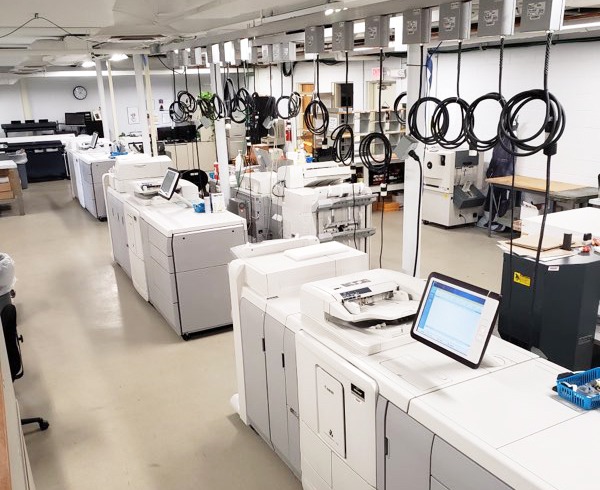When using your generator, it’s essential to keep it well-maintained and in proper working order to avoid any safety hazards or other malfunctions that could cause harm to your property or family. Here are 7 tips to help you maintain your 3kw generator and keep it in perfect working condition. You never know when an emergency might strike, so get everything ready before the last minute.
Table of Contents
Get Regular Maintenance
Regular maintenance is the key to keeping your generator running at its best. At a minimum, you should have the oil changed and replaced every six months, but depending on how often you use the generator, it may need more frequent changes. You’ll also need to change the air filters and keep the muffler free of debris. Check belts for wear and water levels for coolant leaks. You must inspect the unit monthly for loose or worn parts, fuel line leaks, and a clogged fuel filter.
Check Fuel System
You’ll need to check your fuel system for proper flow if you’re using gasoline. To do this, turn the gas on and pull out the dipstick or hose. If gas is present, a steady stream of it should come through the line. If not, there’s a problem with the fuel system (either clogged or leaky). Before continuing with your generator maintenance, you’ll have to take care of this.
Check Oil Level
Check the oil level by removing the drain plug from the bottom of the engine. The oil should be at least halfway up or higher. If it’s not, top it off with new oil. After you’ve done that, put the plug back in and then turn your generator on and let it run for a few minutes to see if there are any leaks.
Test The Battery Level
When you’re in the middle of a storm, the last thing you want is for your generator to run out of juice. Check the battery using a tester to tell you if it’s time to replace or recharge it. The other option is to check the charge gauge on your generator. A fully charged generator will show a reading between 12 and 13 volts when there’s no load on the unit; anything less than that may be time for a recharge. If you have an automatic charger installed, set it up once and let it take care of things automatically.
Pay Attention To The Cooling System
When it comes to the cooling system, there are a few things you’ll want to pay attention to. First and foremost, you should always ensure that your generator is on level ground before turning it on for the first time. This will ensure that the engine has a steady supply of fuel and oil, which is crucial for proper operation. The next thing you’ll want to do is periodically check the coolant level in your radiator. For the cooling system to work correctly, it needs at least a quarter inch of coolant.
Check The Electrical Connections
- Unplug the cord from the generator.
- Check for any loose connections and tighten them if necessary.
- Ensure that there are no frayed wires or broken insulation; if so, replace those pieces before using your generator again.
- Plug the cord back into the outlet on your generator and test it out by flipping the main switch.
Inspect The Air Filter
The air filter is essential to the generator and should be checked periodically. A dirty air filter can cause a generator to run poorly and lead to a dangerous buildup of fumes. Inspect the air filter for excessive dirt, dust, leaves, or other debris. Replace it if you find anything that could impede airflow. Avoid using compressed air when cleaning the filter, as it will force dust into the small spaces and worsen the problem. Consider replacing your air filters every three months or so, depending on how much you use them.
Conclusion
Now you know what to look for in a generator and how to keep yours running smoothly. It’s an essential appliance in times of emergency, ensure it’s always available when needed. Remember – there are a lot of factors that can cause your generator not to perform as well as you need it to. Be diligent about checking it out regularly; you’ll be happy with how long yours lasts. Want more tips on generators?











